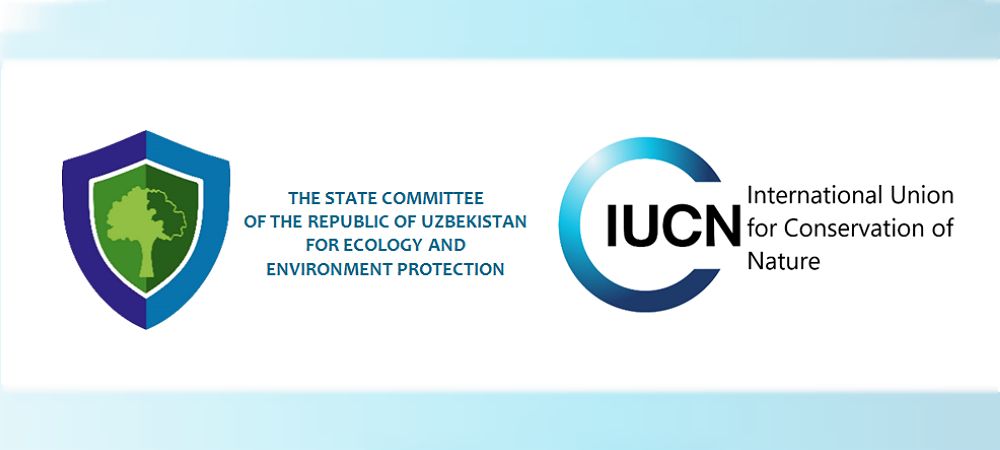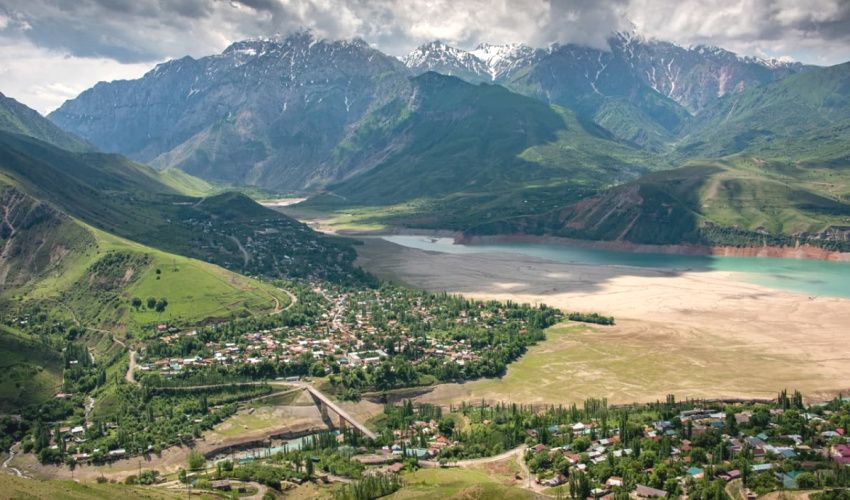
IUCN extends a warm welcome to Uzbekistan, which has officially announced its decision to become a Member of IUCN by endorsing the IUCN Statutes. The State Committee for Ecology and Environment Protection has been designated by the State as its liaison with the IUCN Secretariat.
|
|
“Biodiversity conservation is one of our national priorities, and we are fully committed to work towards the designation of new protected areas, improvement of their management, strengthening of environmental monitoring, prevention of human-wildlife conflicts, fighting against illegal flora and fauna trade, etc. On this path, we trust that in IUCN we have a strong ally, in a partnership now made official through our State Membership,” said Jusipbek Kabekov, Deputy Chairman of the State Committee for Ecology and Environment Protection of Uzbekistan. “We look forward to discussing new opportunities to support the President Mirziyoyev's initiatives related to the UN General Assembly (75th and 76th) meetings related to the improvement of the environmental situation in the Aral Sea Region”.
The diversity of natural conditions in Uzbekistan includes vast plains occupied by different types of deserts, mountain steppes, forests and alpine meadows, tugai thickets and waterbodies. These form characteristic ecosystems that host rich flora and fauna.
Most of Uzbekistan lies between the two largest rivers in Central Asia, the Amu Darya and Syr Darya. Less than 10% of its territory is cultivated irrigated land in river valleys and oases. Given that its economy relies heavily on agriculture, country’s well-being and sustainable development depend significantly on the state of its natural resources. Conservation and sustainable use of Uzbekistan’s biological diversity is, therefore, one of the priorities of the state environmental policy, implemented through different mechanisms, such as:
the National Biodiversity Strategy and Action Plan;
A number of strategic milestone documents were adopted to guide environmental action in Uzbekistan, such as:
the Concept of Environmental Protection – 2030
and Strategy for Biodiversity Conservation - 2028.
In recent years, the IUCN Regional Office for Eastern Europe and Central Asia (IUCN ECARO) has significantly strengthened cooperation with Uzbekistan. It has resulted in last year’s update of World Database of Protected Areas through the Global Partnership on Aichi Target 11 in Eastern Europe and Central Asia; the facilitation of productive multi-sectoral Central Asia Nexus dialogues and enhanced cooperation on issues relating to water, energy and food; and engagement in the identification of potential World Natural Heritage sites in Central Asia, to name a few.
“We are excited to celebrate Uzbekistan’s State membership with IUCN, and we look forward to expanding cooperation with the State Committee for Ecology and Environment Protection and other partners in the country on a number of priorities,” said Boris Erg, Director of IUCN’s Regional Office for Eastern Europe and Central Asia. “Some of the potential areas of collaboration we are jointly exploring include nature policy, expansion and quality assurance of the national network of Protected and Conserved Areas, development of Red List Indices, integrated land management and ecosystem restoration, just to highlight a few.”
IUCN looks forward to continuing to support Uzbekistan towards achieving the sustainable use of its natural resources, including conservation of its biodiversity and ecosystem restoration that would help achieve national environmental goals, while contributing to the mitigation and adaptation to climate change effects.
Click here to learn about IUCN’s work in Eastern Europe and Central Asia
IUCN
Source: https://www.iucn.org/news/membership/202110/iucn-welcomes-uzbekistan-...
Information Service of the State committee
of the Republic of Uzbekistan on ecology
and environmental protection







 Birchmulla Village, Tashkent region, Uzbekistan
Birchmulla Village, Tashkent region, Uzbekistan


